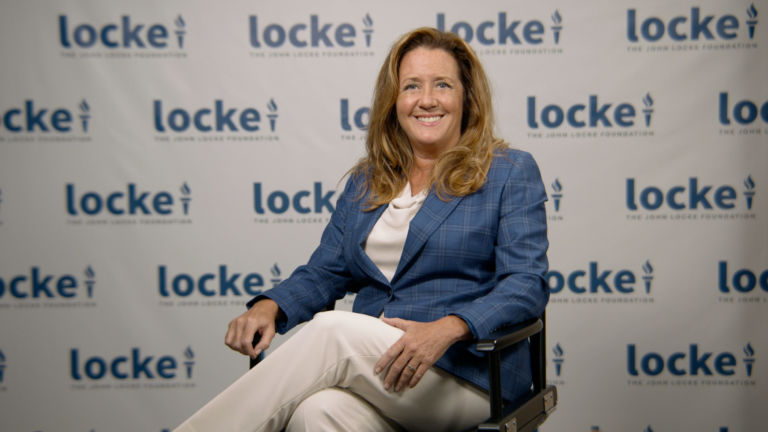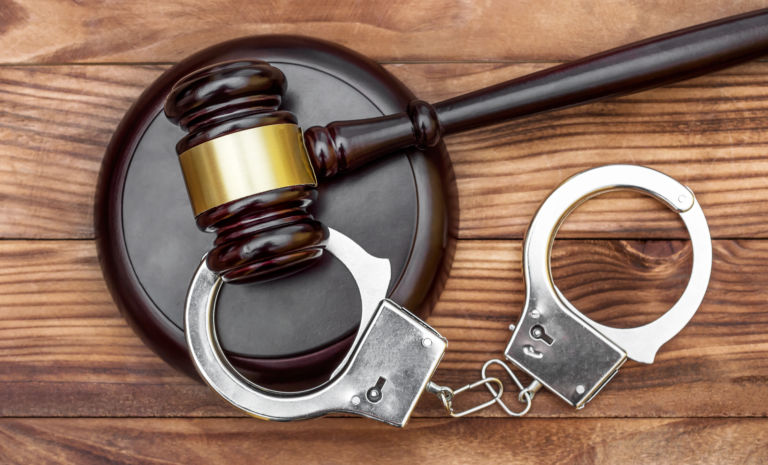Walter Olson writes for the Washington Examiner about a frightening new policy across the pond.
It’s like, “Your papers, please,” but for things you own.
Authorities in Britain have begun trying out a new police power called unexplained wealth orders under a law that took effect last year. The police go to a court and say you’re living way above any known legitimate income. The judge then signs an order compelling you to show that your possessions (whether a house, fancy car, or jewelry) have been obtained honestly and not with dirty money. In the meantime, the boat or artwork or other assets get frozen, and you can’t sell them until you’ve shown you obtained them innocently.
The kicker: The burden of proof falls on you, not the government. If you don’t prove the funds were clean, Her Majesty may be presumed entitled to keep the goodies. …
… Obviously, a law like this does help in catching some baddies. Specifically, it gives the authorities major new leverage in cases where a suspect has not yet been convicted of anything. Proceeding carefully, authorities have so far chosen a target likely to command little sympathy.
But advocates want this to be the start of hundreds of seizure actions against other rich foreigners in the British capital.
Some are already calling for bringing a law like this to the United States, and maybe we’re halfway there already. Asset forfeiture laws, blessed by the Supreme Court, already let police seize your property on suspicion of involvement in a crime and make you go to court to get it back. We’ve been chipping away at financial privacy in this country for decades, through Know Your Customer, suspicious-activity reports, and FATCA (expatriate tax) rules.


